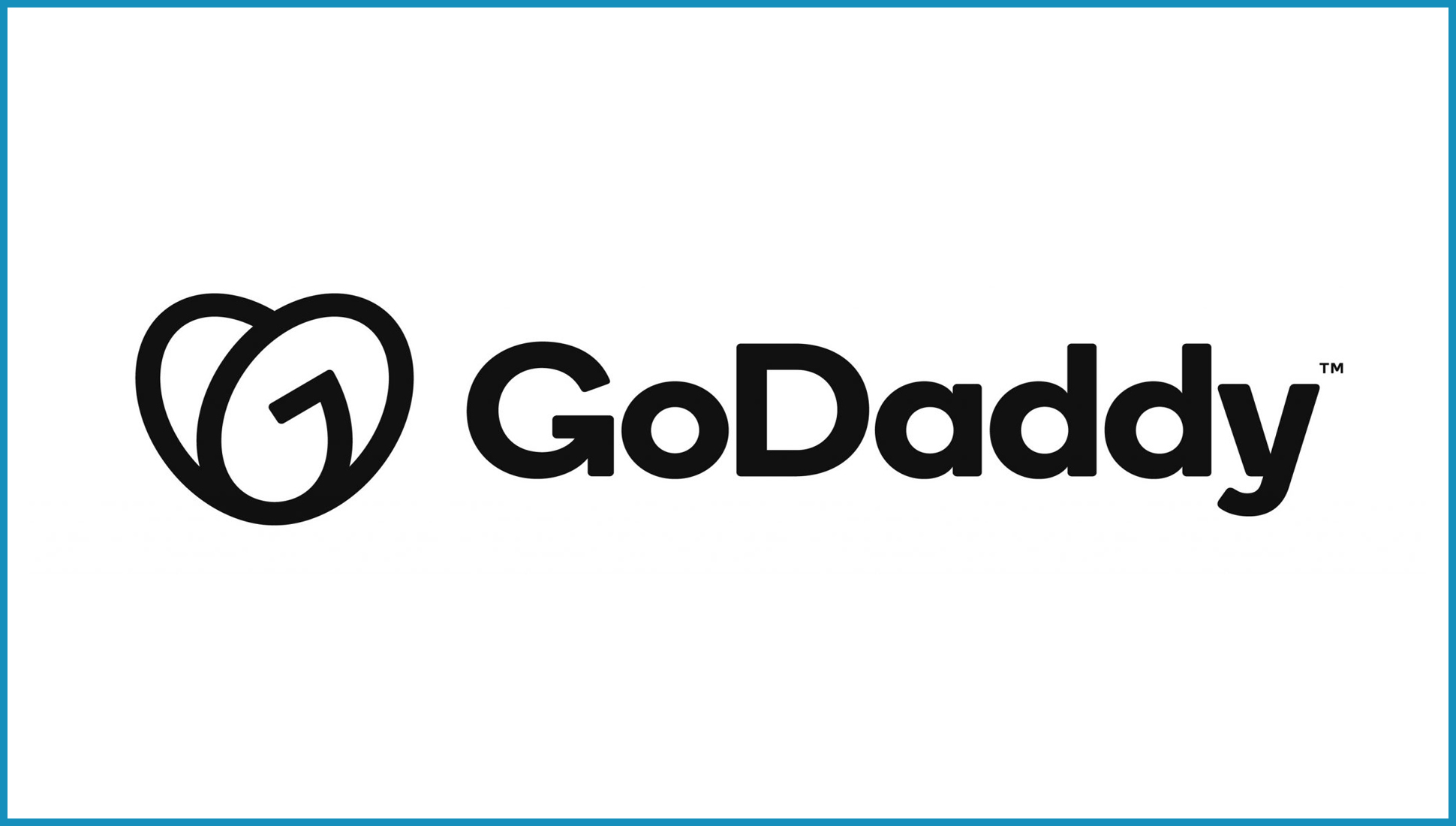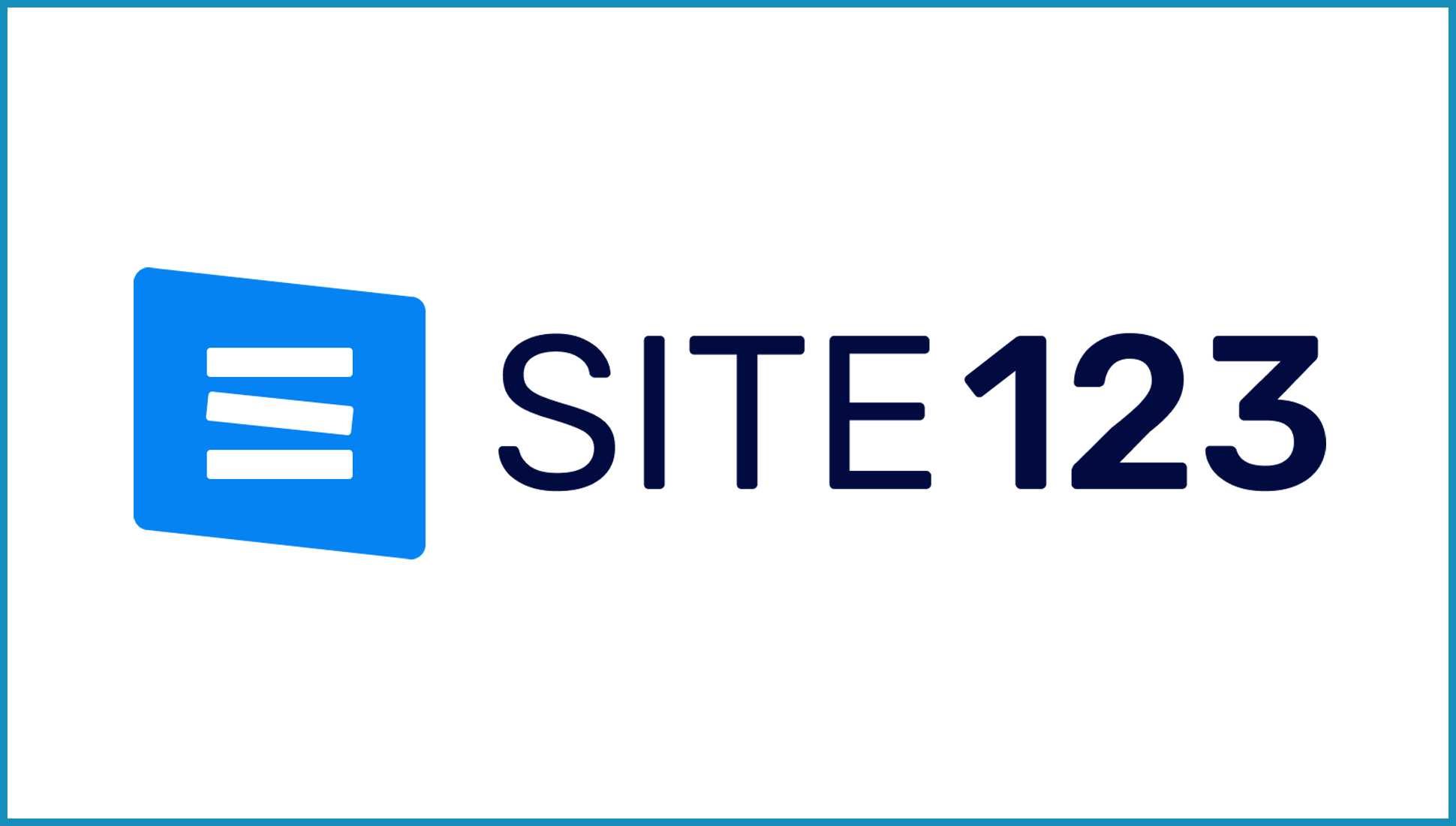
Easy website builders offer streamlined website creation, and most can be used with little to no coding or technical experience. However, some of the best website builders are easier to use than others, while some are much more suited to creating business sites.
This is because the best small business website builders come with different focuses, audiences, and feature sets such as online store tools, appointment booking features, or marketing kits. Platforms like Wix are excellent, but complicated editors can make them a little difficult to use. On the other hand, platforms like Site123 are extremely easy to use, but don’t always have a lot to offer businesses.
Some, such as the best ecommerce website builders, come with advanced online store creation tools. They enable you to sell products online, essentially digitizing your business creating avenues for increased income. Now, there are a few things you should keep an eye out for when searching for an easy website builder for your business.
Included marketing tools are always a bonus, the ability to accept online bookings will be crucial for many businesses, and high-quality SEO is important to help people find you online. After testing countless options by signing up for an account and creating our own basic site, we’ve put together the following list of the best easy website builders for business owners.
The top 3 easy website builders right now

1. Wix: top for integration and advanced flexibility
Wix offers the Wix ADI (artificial design intelligence) editor, which requires little experience, and the Wix Editor, for industry-leading drag-and-drop design flexibility. An excellent selection of tools include a logo maker, online booking support, over 500 templates, and add-ons from the Wix App Market.
View Deal

3. GoDaddy: the best all-round easy website builder
GoDaddy users benefit from integrated marketing tools, streamlined online business directory listings, and the ability to accept online bookings, and ecommerce tools like order management. Its extremely straightforward editor is ideal for beginners, meaning you can get a site online in just a few hours.
View Deal
What are the best easy website builders?
The best easy website builders for business websites are Wix, Shopify, GoDaddy, Elementor, and Site123.
Wix is one of the world’s leading website builders, and although it’s not the simplest platform to use, it combines power with an intuitive user interface. There’s a selection of specialized tools available via the Wix app market, and features like online booking support and online store tools come as standard with many plans.
Shopify is also targeted at beginners, enabling streamlined online store creation backed by industry-leading ecommerce tools. It’s editor is slightly limited, but everything about it is designed for those with limited online selling experience. With its beginner-friendly editor, streamlined site creation process, and integrated marketing and online booking tools, GoDaddy stands out.
Elementor is a WordPress.org plugin that adds drag-and-drop functionality to WordPress websites, and it’s both powerful and easy to use. This makes it a great option for business owners who would like to harness the power of WordPress without being confined by its slightly complicated native editor.
Site123 is quite similar to GoDaddy, and it’s also known for its beginner-friendly editor. It enables basic online store creation and boasts free professional email accounts and online booking support.
| Website builder | Entry price | Ecommerce tools | Unlimited storage? | Unmetered bandwidth? | Free domain? |
|---|---|---|---|---|---|
| Wix | $14 a month | Yes (good) | No | Yes, with select plans | Yes |
| Shopify | $29 a month | Yes (advanced) | Yes | Yes | No |
| GoDaddy | $6.99 a month | Yes (basic) | Yes | Yes | No |
| Elementor | Free | N/A | N/A | N/A | N/A |
| Site123 | $10.80 a month | Yes (basic) | No | No | Yes |
The best easy website builders you can buy today

Wix is a flexible website builder that offers the choice of two different editors. The Wix ADI (artificial design intelligence) builder requires little experience and enables users to get online in next to no time. The Wix Editor offers industry-leading drag-and-drop design flexibility, but it’s a little more complicated to use, making it a good choice for beginners looking for more design freedom.
There’s an excellent selection of tools on offer for Wix users, including a logo maker, online booking support, and more than 500 attractive themes. The online store tools are okay, but the limited management options and basic product layouts mean that they aren’t as good as those offered by many competitors. You can add extra functionality to your site via add-ons from the Wix App Market.
The main downsides associated with using Wix are its high prices and limited storage. You also can’t switch templates once you’ve published your site, and the Wix Editor may be a little complicated for beginners. Read our comprehensive Wix review to find out more.

Shopify is hands-down the world’s most popular online store creation platform. It boasts an industry-leading range of advanced ecommerce tools, such as discount code support and advanced analytics. Extra functionality can be added to your site via the Shopify App Store.
The Shopify editor is a little on the basic side, though. You will be constrained by the template you select, and there’s no drag-and-drop functionality. There’s only a small number of free templates, and premium designs can cost hundreds of dollars each.
It’s also worth noting that Shopify is only good for creating ecommerce websites. Its blogging tools are quite limited, and it’s not a viable option for building standard business sites. Prices are also quite high, with the most basic plan starting at $29 a month. Learn more in our detailed Shopify review.

GoDaddy is a top pick when it comes to easy website builders. All users will benefit from a number of integrated marketing tools, along with streamlined online business directory listings and the ability to accept online bookings.
There’s also a number of ecommerce tools that enable you to sell products online. Elements like order management and inventory tools are a little basic, though, which means that GoDaddy isn’t the best option for large stores that plan to scale. Starting your website is extremely straightforward, and you shouldn’t have to spend any more than a few hours creating a simple site.
GoDaddy’s editor is quite simple and design flexibility is limited. This is exactly what makes it good for beginners, though, so it’s not too much of a concern. However, you may want to look elsewhere if you want to create a large site with a finely-tuned design, as GoDaddy just doesn’t have the tools to enable you to do this.
The platform also performs poorly on the SEO front, and the included SEO tools are average at best. Learn more in our full GoDaddy review.

Elementor is a little different from the other platforms on this list, as it’s a WordPress website builder plugin rather than a dedicated site creation platform. It’s a great option for business owners who would like to harness the power and flexibility of WordPress.org while taking advantage of a beginner-friendly drag-and-drop editing interface.
All Elementor users will benefit from a suite of business-oriented templates. Premium subscriptions come with WooCommerce integrations to aid in online store creation, and you can add virtually any business features necessary via the WordPress plugin library.
However, WordPress websites do require a level of technical knowledge to create and manage. This means that Elementor isn’t nearly as easy to get started with as the other platforms on this list. You will also have to purchase other website elements like the best web hosting and a domain name separately.
Read our Elementor review to find out more.

Site123 is right up there with the easiest website builders we’ve ever used, and it boasts a selection of neat features for business users. These include basic integrated ecommerce tools that enable you to sell through your website, free professional email addresses, online booking tools, and the ability to sell event tickets.
In addition, there’s a great selection of business website templates that you can use to get started. The 24/7 customer service team is friendly and responsive, and they will be able to help you deal with any problems that might arise during site creation and ongoing management.
Like many of the options on this list, though, Site123’s editor is quite basic. You will be able to put a website together and add your own content, but there aren’t many customization options. It’s also possible to add ecommerce functionality to your site, but don’t expect to be able to create an advanced online store.
Overall Site123 is great for beginners who want to get online fast, but look elsewhere if you’re looking for a decent level of customizability. Learn more in our full Site123 review.
How to choose the best easy website builder for you

Before settling on a website builder, you will need to sit down and make a list of the tools and features you require. Price is an important consideration, and if you’re looking for something cheap, you will want to go for a platform such as GoDaddy.
Consider factors like online store support if required. Shopify is a clear leader in this space, although most website builders come with some sort of ecommerce ability. The ability to accept online bookings is also important for many businesses. Again, most builders include this, but Wix and GoDaddy stand out with their excellent booking tools.
Design flexibility is crucial for those who would like full freedom to customize their site. The Elementor/WordPress combination is great for this, and Wix doesn’t do too badly either. These two platforms are also great for blogging, another thing that will be important to many business owners.
Once you’ve listed your requirements, you can begin to create a shortlist of the most attractive options. We’d recommend starting with the easy website builders for business that we’ve outlined.
Almost all website builders have a free version or free trial, enabling you to test them before committing to a subscription. It’s worth putting the time in to test a few options before settling on your favorite. Everyone’s needs are different, and a large part of your choice will come down to simple personal preference.
How we test website builders

To test a website builder, we begin by performing in-depth research and creating a summary of the information available online. We then sign up for an account or free trial for the website builder and work through an array of site building and management processes.
For starters, we work through the basic website creation process, testing the editor, its ease of use, and any included features. The management panel is thoroughly analyzed, and any notable business or ecommerce tools are tested to ensure they’re as good as they appear.
We complete performance testing on our new website with tools such as Uptime.com. The platform’s help center is browsed, and the quality of resources is noted. Customer service is tested for response time and knowledge, and we take a close look at how the builder performs on the SEO front.
Further reading on website builders
If you’re looking to build a small business website, read our insights into the top tools needed, what we consider the foundations, and why you need one in the first place.
